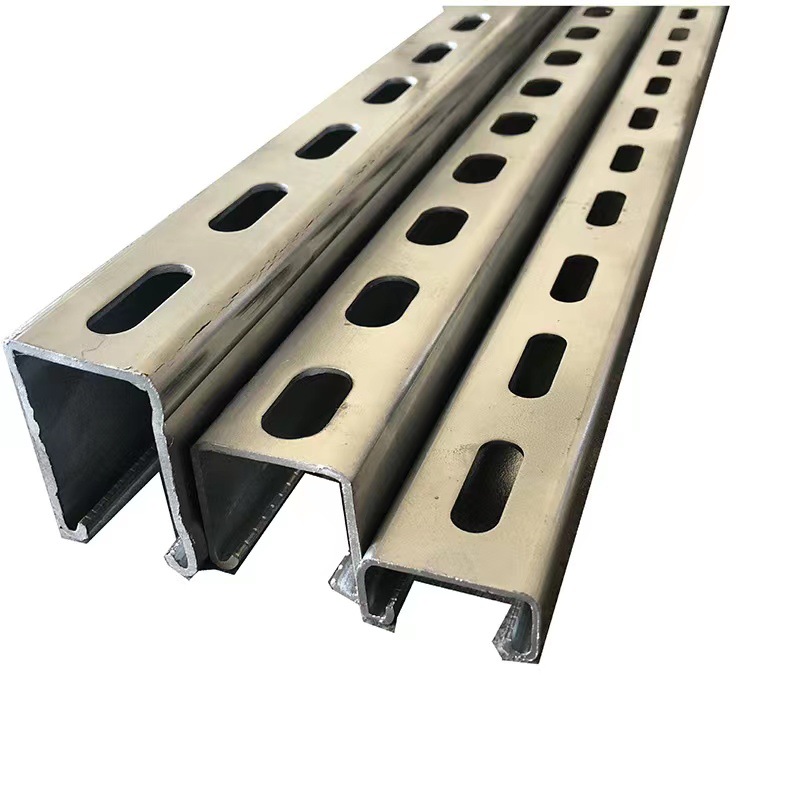

self tapping screws hex
Des . 02, 2024 02:29 Back to list
self tapping screws hex
The Versatility and Applications of Self-Tapping Screws with Hex Heads
Self-tapping screws have revolutionized the assembly and construction processes across various industries. Among the diverse types of self-tapping screws available, those with hex heads stand out due to their unique design features that enhance their usability and effectiveness. This article will delve into the nature, advantages, and applications of self-tapping screws with hex heads, showcasing why they are a preferred choice for many professionals.
What Are Self-Tapping Screws?
Self-tapping screws are a specific type of screw that can create their own threading as they are driven into materials. Unlike traditional screws, which require pre-drilled holes or anchors, self-tapping screws simplify this process by eliminating the need for additional hardware. This characteristic makes them particularly useful in applications where speed and efficiency are paramount.
The Importance of Hex Heads
The hexagonal (hex) head design of these screws offers several benefits. A hex head allows for a more secure grip when using a wrench or socket, providing an efficient means to apply torque without slipping. This feature is especially beneficial in heavy-duty applications where high torque is required. Additionally, hex heads can accommodate a larger contact surface, which can distribute pressure more evenly and reduce the risk of stripping the screw during installation.
Materials and Coatings
Self-tapping screws with hex heads are available in a variety of materials, including stainless steel, carbon steel, and alloy steel. The choice of material often depends on the intended application. For instance, stainless steel screws are ideal for environments that are corrosive or exposed to moisture, while carbon steel screws are often used in indoor applications. Furthermore, these screws may have various coatings, such as zinc plating, to enhance their resistance to rust and corrosion.
self tapping screws hex

Versatile Applications
The applications for self-tapping screws with hex heads are extensive. They are commonly used in the construction industry for framing, roofing, and siding. Their ability to securely fasten materials like metal, wood, and plastic makes them a staple in building projects. In the automotive sector, they are used to assemble parts and components due to their strength and reliability.
Electronics and appliance manufacturing also benefit from the use of these screws. Their self-tapping nature allows for quick assembly of enclosures and housings, streamlining the production process. Furthermore, industries dealing with HVAC systems frequently utilize hex head self-tapping screws for securing ducts and fittings due to their robustness and ease of installation.
Ease of Use and Time Efficiency
One of the primary advantages of self-tapping screws is their ease of use. These screws allow workers to quickly and efficiently fasten materials without the need for secondary operations like drilling or anchoring. Time is often a crucial factor in construction and manufacturing, and the ability to expedite fastening tasks directly translates into lower labor costs and increased productivity.
Conclusion
Self-tapping screws with hex heads are an essential component in various industries, offering a range of benefits that enhance both performance and efficiency. Their unique design, coupled with their versatility in applications, makes them a preferred choice for contractors, manufacturers, and DIY enthusiasts alike. As construction and manufacturing technology continues to evolve, the demand for reliable and efficient fastening solutions like hex head self-tapping screws will only increase, solidifying their place in the toolkit of professionals worldwide. Whether you are tackling a small home project or managing a large-scale industrial assembly, these screws provide the strength and reliability required to get the job done effectively.
Latest news
-
Premium Fasteners Manufacturer | AI-Driven Solutions
NewsAug.01,2025
-
Hot Dip Galvanized Bolts - Hebei Longze | High Strength, Corrosion Resistance
NewsAug.01,2025
-
High-Strength Hot Dip Galvanized Bolts - LongZe | Corrosion Resistance, Custom Sizes
NewsAug.01,2025
-
Best Self Tapping Screws for Drywall - Fast & Secure Installation
NewsJul.31,2025
-
High-Strength Hot Dip Galvanized Bolts-Hebei Longze|Corrosion Resistance&Customization
NewsJul.31,2025
-
Hot Dip Galvanized Bolts-Hebei Longze Metal Products|Corrosion Resistance&High Strength
NewsJul.31,2025

